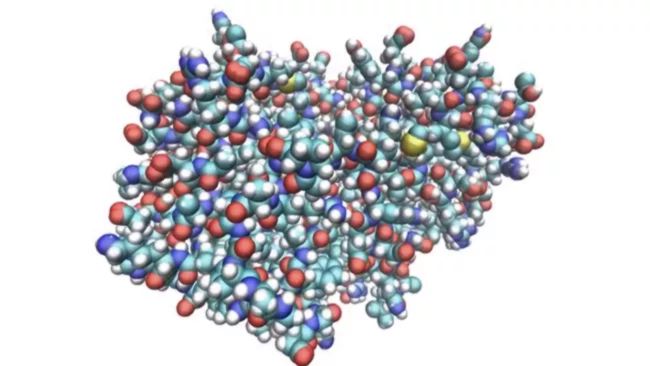| Fighting Coronavirus At Home With Exascale Power |
| Written by Sue Gee | |||
| Saturday, 28 March 2020 | |||
|
In the drive to combat the coronavirus, Folding@Home's distributed network is now running at over 1,000,000,000,000,000,000 operations per second, more than five times faster than the world fastest supercomputer.
“Viruses also have proteins that they use to suppress our immune systems and reproduce themselves. To help tackle coronavirus, we want to understand how these viral proteins work and how we can design therapeutics to stop them.” Its research involves running massive simulations of the way atoms in a protein move relative to one another which captures valuable information that is inaccessible by any other means. For this it relies on distributed computing,with a community of users donating their computer's reserve power to its network. Anybody, anywhere can join in Folding @Home and before the outbreak of Covid-19 there were roughly 30,000 individuals and companies contributing their spare computer power. After coronavirus research was added to its normal targets, like cancer, Alzheimer's, and Parkinson's research the number has mushroomed. Within two weeks 400,000 new volunteers had joined, including Bitcoin miners. At that point the project was able to claim that it was pushing out 470 PetaFLOPS of raw compute power making it twice as fast as Summit, the world's fastest supercomputer and also faster than the top seven supercomputers in the world, combined. Since then, according to a tweet from Greg Bowman, another 300,000 volunteers have joined and it is working on more servers, reducing idle time. In another tweet he revealed:. @foldingathome has surpassed an exaFLOP, making it the first to reach the exascale!
 Also playing a role in coronavirus research, by powering the work of the University of Washington Institute for Protein Design, is Rosetta @ Home, part of BOINC (Berkeley Open Infrastructure for Network Computing). At the beginning of March, Rosetta @ Home reported that its number of active users had doubled and that four of the ten best compute days had occurred in the previous week. As of today, seven of its ten best compute days are in March 2020 thanks to volunteers donating the use of their idle desktop, laptop and smartphone processors. The biggest single donation of computer downtime comes from the Phillip and Patricia Frost Museum of Science in Miami, Floria which normally uses its servers consisting of 168 processors to power a state-of-the-art planetarium. Frank Steslow, Frost Science President & CEO, explained: As a leading scientific institution, we wanted to find a way to repurpose the powerful computing technology we had idle with our closure. We are now actively supporting groundbreaking research that will help us solve some of the world’s biggest challenges, such as COVID-19. Now more than ever, we need to work together and keep science and high quality research at the forefront of our thinking. We encourage others to join our Frost Science BOINC team and help make a difference, right from their homes”
More InformationRosetta @ home from Institute of Protein Design Related ArticlesSETI@home Goes Into Hibernation AlphaFold DeepMind's Protein Structure Breakthrough Use That Spare Android Time To Solve World Problems - BOINC The 42 Question Answered By Planet-Sized Computer To be informed about new articles on I Programmer, sign up for our weekly newsletter, subscribe to the RSS feed and follow us on Twitter, Facebook or Linkedin.
Comments
or email your comment to: comments@i-programmer.info |
|||
| Last Updated ( Sunday, 29 March 2020 ) |

 Led by Dr Greg Bowman and based at Washington University, Folding @ Home is a distributed computing project aimed at learning about protein folding with the purpose of fighting disease. Explaining why Folding @ Home has devoted its efforts to Covid-19, Bowan states:
Led by Dr Greg Bowman and based at Washington University, Folding @ Home is a distributed computing project aimed at learning about protein folding with the purpose of fighting disease. Explaining why Folding @ Home has devoted its efforts to Covid-19, Bowan states: 

